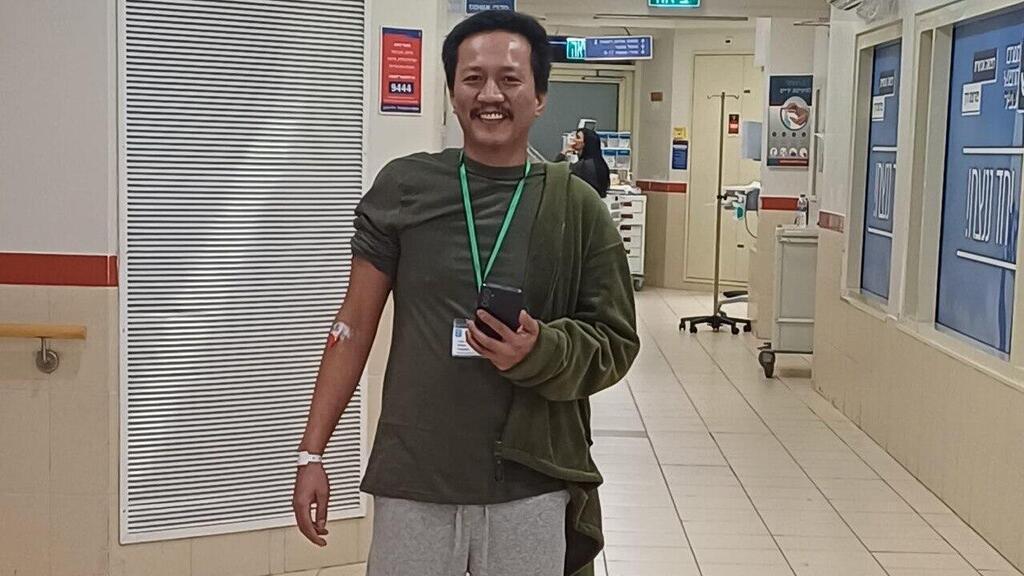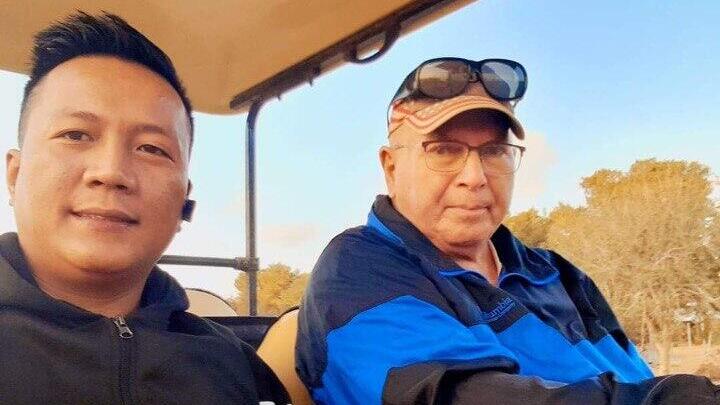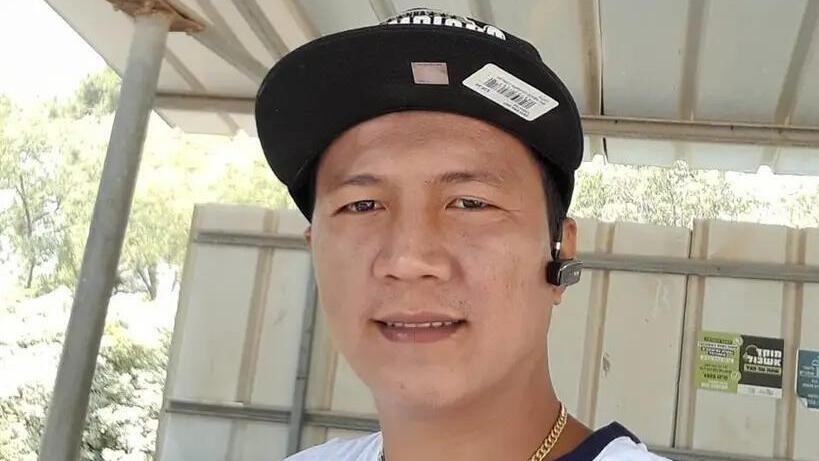Getting your Trinity Audio player ready...
Gelienor “Jimmy” Pacheco, a 32-year-old Filipino national who was abducted by Hamas on October 7 and released from captivity last week, recently recounted his harrowing experience in captivity in Gaza in an interview with CBN Asia. "Sometimes there was no gas available because of the war, so I received half of a pita bread per day. I didn't eat it all at once. Every time my stomach growled, I would eat a little of it, but it wasn't enough," he recalled.
More stories:
Pacheco, who was abducted from Kibbutz Nir Oz, where he cared of 80-year-old Amitai Ben Zvi, who was murdered in the Hamas attack, described the harsh conditions he endured in captivity. "The water was salty; I told myself there's no chance I'll survive because I have a history of a kidney condition. If I needed to use the restroom, I had to ask the terrorists," he said.
"They gave me a bit of toilet paper each time, and I didn't use it; I kept it in my pocket. It seemed like we were about 40 meters underground, so the walls were damp. I placed the paper I saved against the walls until it got wet. Then I placed it in my mouth and ate it – that's how my stomach wasn't empty," he said.
Pacheco, married and a father of three, shared the moments of terror he felt when Hamas terrorists infiltrated the kibbutz, through his abduction and until the long-awaited day of his release. "I heard gunfire from nearby houses. I sent a message on my wife's phone; I told her, 'Take care of the children, keep the money I earned working in Israel for their future,'" he said.
In a conversation with Ido and Gilad Ben Zvi, who came to meet their father's caregiver at the Shamir Medical Center following his release, Pacheco told them: "Dad told me to tell you that he loves you and shouted at me, 'Go, run, save yourself.'"
Pacheco said he did not expect the terrorists who abducted him to keep him alive. "I saw how they murdered my employer, without having the ability to defend himself. They claimed I was a soldier while aiming weapons at my head. One of the terrorists fired an automatic weapon near my ear until the clip was empty,” he described.
Pacheco said he was held in a cell for the first two weeks of his captivity. "It was like a real prison cell; I couldn't do anything inside. I felt like I was going insane. I kept wondering: 'Why did they bring me here? I didn't do anything wrong.' I had a mattress inside the cell, which I placed on the floor," he said.
After the first two weeks, Pacheco added, he was transferred to another underground tunnel along with many other hostages, including residents of southern Israeli communities. "The terrorists ordered us to clean seven toilets in the tunnel, which were disgusting," he said.
Pacheco said he drew strength during his time in captivity from the thought of his children. "That's why I ate the toilet paper; for them I had to survive. I prayed to God saying: ‘My dad left me when I was 12, don’t let this be the same for them, let me live. I'm willing to stay here for 10 years, just let me live.'"
Pacheco also described the moments of his release from captivity. "They told me they were transferring me to another tunnel. I took my things, a plastic bag containing a toothbrush, one shirt and short pants – that's all Hamas gave us, and it was what we wore when we wanted to change clothes. After I took the bag, the terrorists told me to take my mattress and pillow," he said.
“The next day, they told me and the other captives with me to throw away our mattresses and pillows. We did what they said, and then had to clean the tunnel we were in. After we finished cleaning, the terrorists said we go for a walk later. I started crying when we exited the tunnel. I saw sunlight and breathed fresh air. I knelt and thanked God," he said.
He added that he believes that his horrible ordeal helped strengthen him mentally. "I think I'm fine thanks to God and my children. I grew up, and became stronger. I thank everyone who prayed for me," he concluded.





